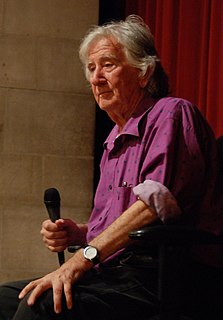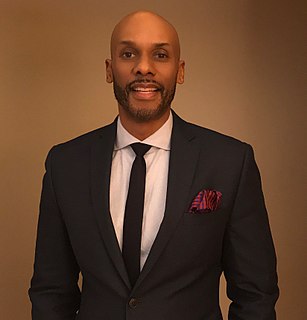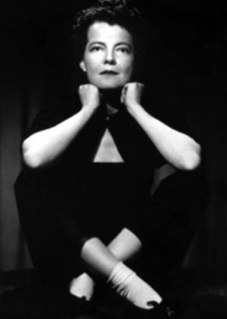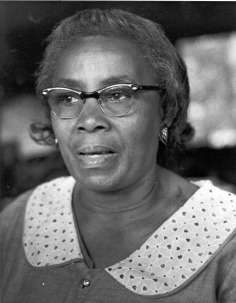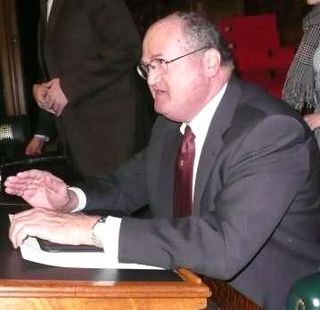A Quote by Augusto Boal
When does a session of The Theatre of the Oppressed end? Never - since the objective is not to close a cycle, to generate a catharsis, or to end a development. On the contrary, its objective is to encourage autonomous activity, to set a process in motion, to stimulate transformative creativity, to change spectators into protagonists. And it is precisely for these reasons that the Theatre of the Oppressed should be the initiator of changes the culmination of which is not the aesthetic phenomenon but real life.
Quote Topics
Activity
Aesthetic
Autonomous
Catharsis
Change
Changes
Close
Contrary
Creativity
Culmination
Cycle
Development
Does
Encourage
End
Generate
Life
Motion
Never
Objective
On The Contrary
Oppressed
Phenomenon
Precisely
Process
Protagonists
Real
Real Life
Reasons
Session
Set
Should
Since
Spectators
Stimulate
Theatre
Transformative
Which
Related Quotes
With the establishment of a relationship of oppression, violence has already begun. Never in history has violence been initiated by the oppressed. How could they be the initiators, if they themselves are the result of violence? How could they be the sponsors of something objective whose objective inauguration called forth their existence as oppressed? There would be no oppressed had there been no prior of violence to establish their subjugation.
Before I worked on film, I studied the theatre, and I expected that I would spend my whole career in theatre. Gradually, I started writing for the cinema. However, I feel grateful towards the theatre. I love working with spectators, and I love this experience with the theatre, and I like theatre culture.
Wars are fought to gain a certain objective. War itself is not the objective; victory is not the objective; you fight to remove the obstruction that comes in the way of your objective. If you let victory become the end in itself then you've gone astray and forgotten what you were originally fighting about.
The 'Grace of Kings' begins as a very dark, complicated world filled with injustices - among them the oppressed position of women - but gradually transforms into something better through a series of revolutions. But since real social change takes a long time, even by the end of the book, only the seeds of deep change have been planted.
The object of a dialogical-liberterian action is not to 'dislodge' the oppressed from a mythological reality in order to 'bind' them to another reality. On the contrary, the object of dialogical action is to make it possible for the oppressed, by perceiving their adhesion, to opt to transform an unjust reality." "In order for the oppressed to unite they must first cut the umbilical cord of magic and myth which binds them to the world of oppression; the unity which links them to each other must be of a different nature.
